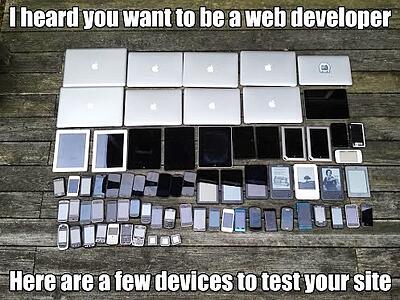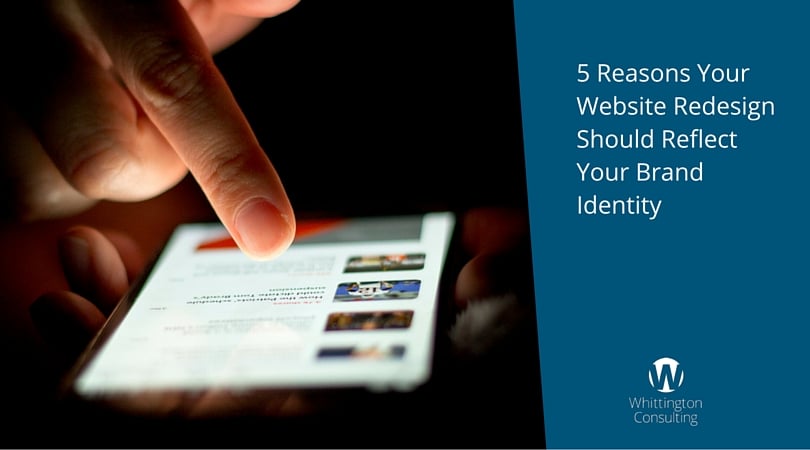Is your company website an accurate reflection of your company's brand identity?
If it isn't, it really should be. 81 percent of customers conduct research online before making a major purchase, which typically begins on a search engine or even social media.
Your brand's identity is communicated to prospective customers through your website. Most website visits are not transactional. Instead, possible customers are looking for information.
This could be their first -- or last -- impression of your brand. Here are some data-driven reasons your website redesign should reflect well on your brand identity:
1. It Affects Brand Perception
Some $1.1 trillion in sales each year are influenced, in part, by company websites. If your website doesn't reflect who you are and what you're offering in a way that appeals to the right buyers, you could lose your chance of winning Internet-influenced purchases. Your website is, in many ways, a sales representative of your brand.
Getting ready for an online image overhaul? Check out our free guide:
Download "Questions to Ask Before Your Website Redesign"
When we talk about a website reflecting brand identity, we're not just talking about a logo and tagline. Saying the right thing on your website reflects your brand's tone and style, as does photography.
2. Customers Aren't Patient
Websites that load slowly may frustrate your ideal customer before they have a chance to find the information they are looking for. You may not even have a chance to communicate the right messages via visual branding or quality content marketing. 40 percent of customers abandon pages that take more than 3 seconds to load, making user experience a crucial component of online marketing.
One client we currently work with had a web page on their site that took 28 seconds to load on a high-speed connection. 28 seconds! As a result, over 90% of people that finally saw the page left. How would you react if a web page took 28 seconds to load?
3. Mobile Friendly Websites Give Customers Options
 Not offering a mobile-optimized website can reflect very poorly on your brand's identity to individuals attempting to browse via smartphone or tablet. 48 percent of customers say a website that works poorly on mobile is an indication of a brand that "doesn't care."
Not offering a mobile-optimized website can reflect very poorly on your brand's identity to individuals attempting to browse via smartphone or tablet. 48 percent of customers say a website that works poorly on mobile is an indication of a brand that "doesn't care."
Having a mobile-ready website is expected today. It gives your potential customer a better experience, too.
If you're still not on the mobile bandwagon, hop aboard and download this guide to understand why a mobile-friendly website is a good choice for your company website.
4. It's Your Online Voice
Your company's online voice is often the first voice prospective customers hear. Use your website copy to communicate your values and personality to customers via tone and word choice. 70 percent of North American marketers are currently using dynamic content to communicate the right messaging to buyers.
The problem with many websites is that they are company-focused. They are a menu of services, a company's history and leadership. They don't offer information that's truly helpful for customers -- information that a prospect can use to identify if a company is legit. An important part of "voice" is not just how you say things on your website, but what you actually say.
5. It's Customer Experience Management
Gartner Research predicts that by 2020, 85 percent of a customer's relationship with a company will be managed without talking to customer service or sales. Your company's website must serve as a comprehensive guide to prospects and customers who may not be ready to engage with a staff member.
Good customer experience can help you generate more warm leads from your website, too. So where do you get started improving customer experience? Here are the 5 most common mistakes companies make, and a good starting point for improvement.
Your website is more than just one way to display your company's brand through visuals, content, and user experience. It's a customer experience management tool to indicate you care about your prospects and buyers.








